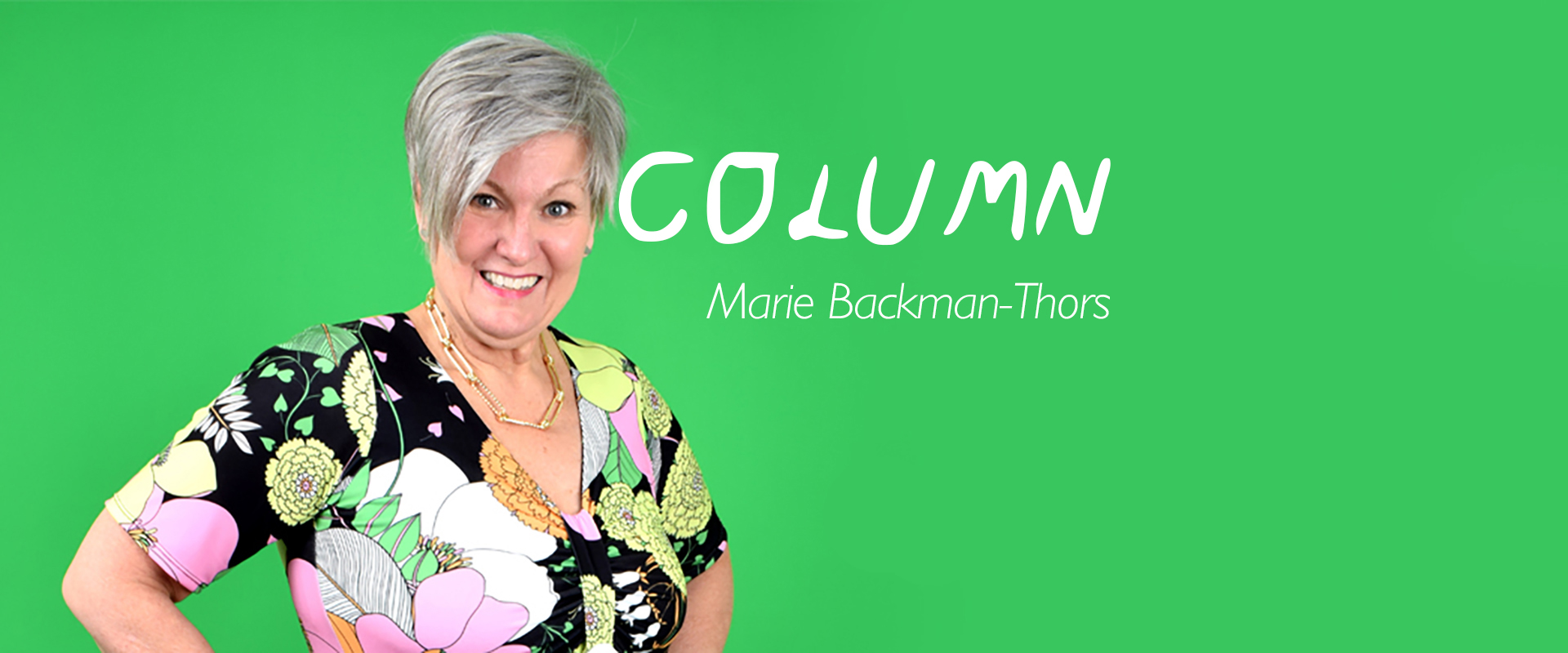Have you ever felt anxious about attending a party you were invited to because you were in the middle of a new diet with new restrictions to follow? Maybe you went to that party and felt like a failure and ashamed because you couldn’t resist the cream cake. Or perhaps you came up with an excuse to avoid going. Maybe you didn’t even have any clothes that fit. Have you ever felt that way? I have.
I contemplated for a long time whether I should write about this topic because few things are as intimate and personal as the food we choose to eat. The general perception is that a round body eats too much, and a slim body eats too little.
A body that aligns with the ideal eats perfectly, and if we just follow their lead, we can look the same way. This perception has laid the foundation for the diet culture we live in, driven by an industry that generates millions of euros each year. The problem with this belief is that my body size doesn’t always indicate how healthy it is.
I have always felt the need to be conscious of my weight and what I eat. I have often been told that I shouldn’t eat certain things and that I can’t dress a certain way if I want to match the ideal body.
I have put a huge amount of energy trying to live up to some sort of ideal image of how I should look. It’s no wonder that one feels pressured to get rid of those extra pounds – it’s not like people are cheering when you’ve gained a little weight.
The various diets promise that we will finally experience our bodies as they are supposed to be – slim and firm. But do we really become all of that just by achieving the “ideal weight” (whatever that even means)? Based on my experience, it’s not that simple.
Of course, I feel good when I adopt healthy habits and routines, such as exercising, eating more vegetables, and reducing sugar intake. However, I have serious doubts about the health effects of following different diets that make me overly fixated on what, when, and how much I eat.
On one hand, we restrain ourselves and deprive the pleasure that food can bring. we indulge in secret when no one is watching, promising ourselves to deal with our weight on Monday. We learn so much about dieting and weight management that we leave no room for food culture – the act of eating for pleasure, satisfaction, and nourishment, in the company of good friends. The sensations of hunger and satiety, and the signals our bodies send, are pushed aside. Food becomes an equation that must result in +-0 to maintain weight, -1 to lose weight, and +1 to gain weight.
Because the truth is, some struggle to gain weight and need to invest significant time and energy into eating enough. They have always been subjected to comments like, “You need to put on weight, you’re too thin!” You are also victims of the diet culture, where the body must be controlled and “worked on” to achieve a specific ideal.
I’ll turn 60 in July, and over the years, I’ve learned that I’m happiest when I have balance in my life. I eat what makes me feel good, exercise moderately, surround myself with people I enjoy, and try to embrace the present moment. Then, the weight actually feels quite unimportant. Don’t you agree?
This was published in Åbo underättelser on June 16th.
Here in my vlog, I will read the text in Swedish.

